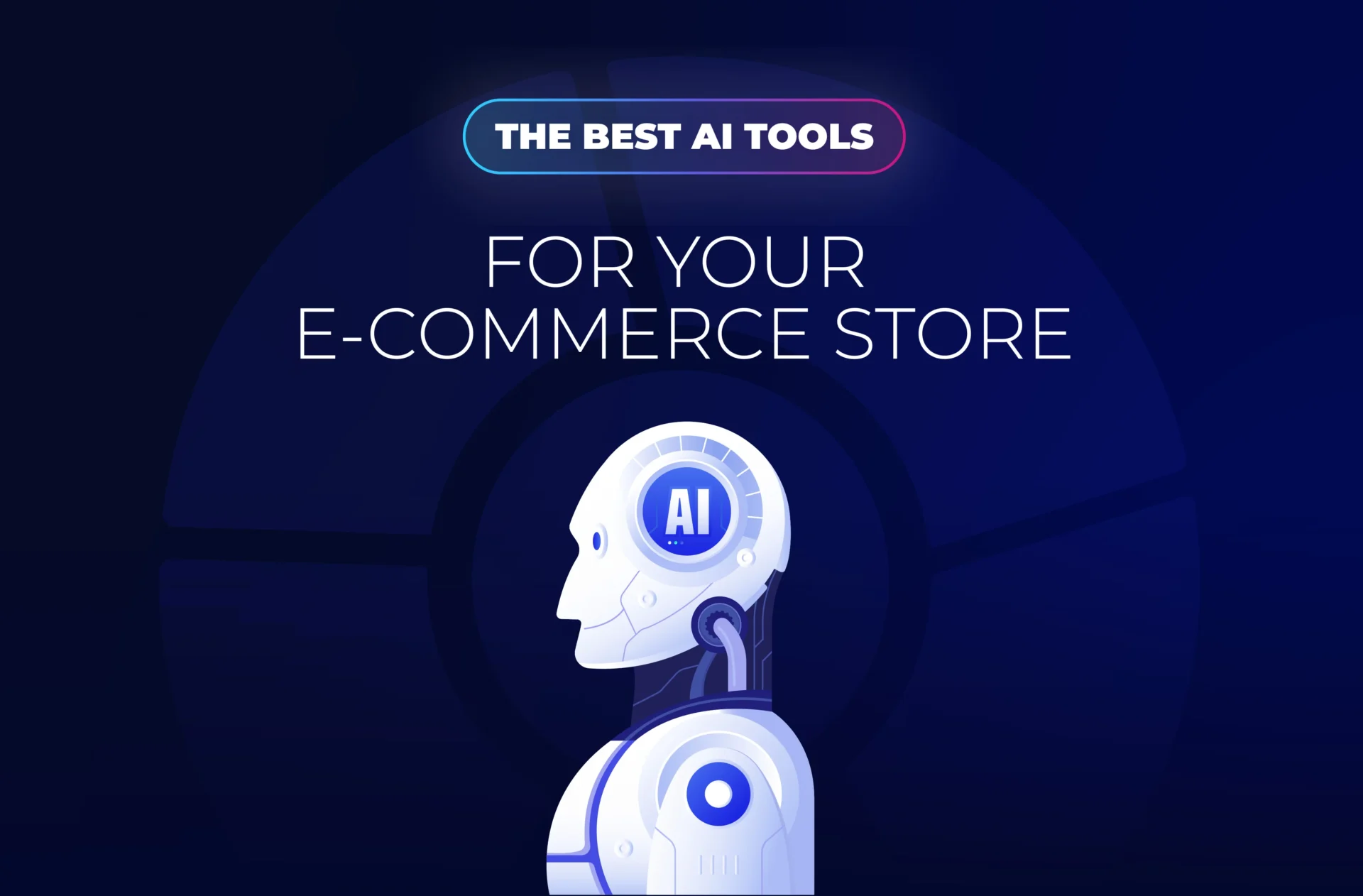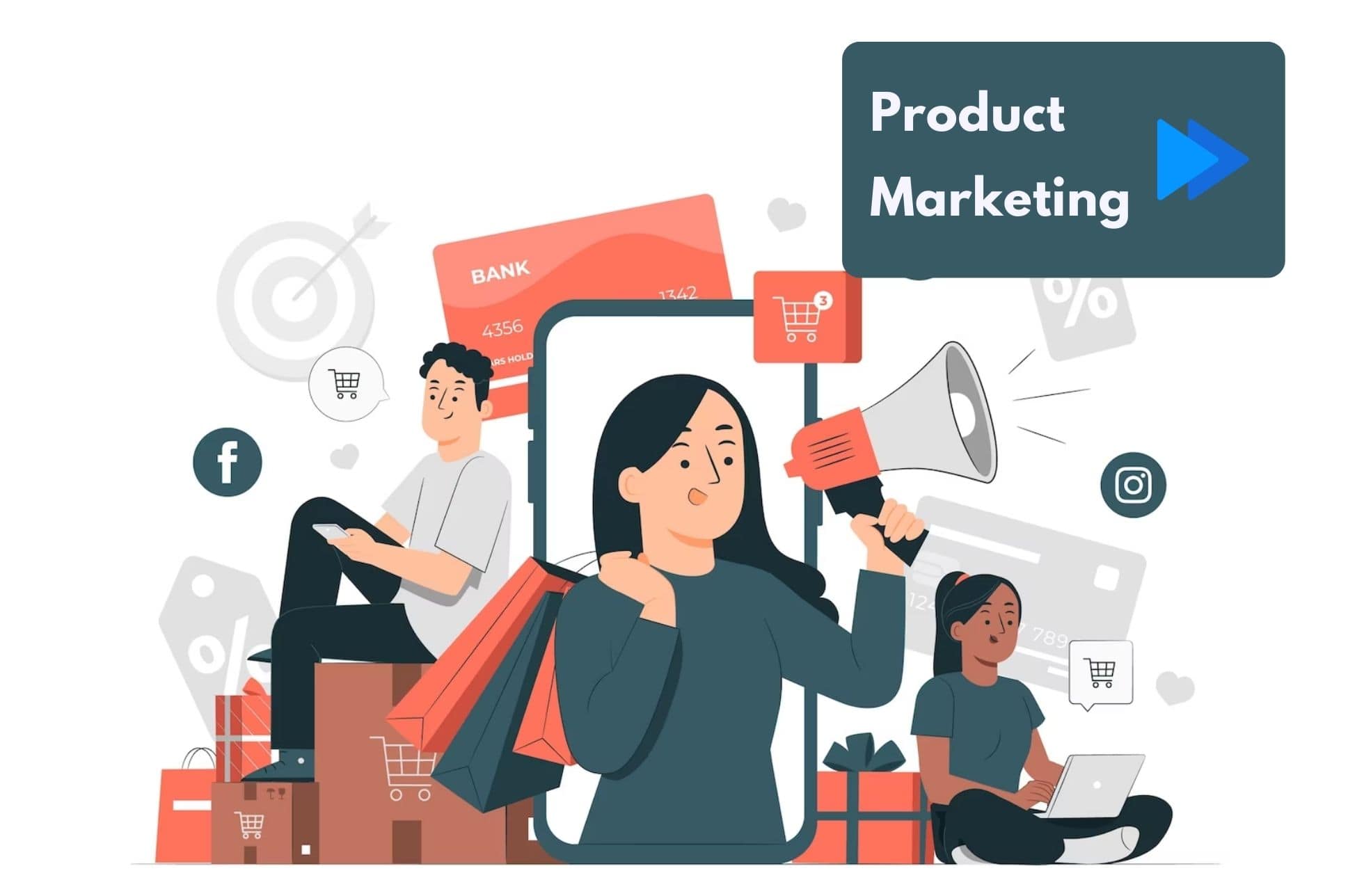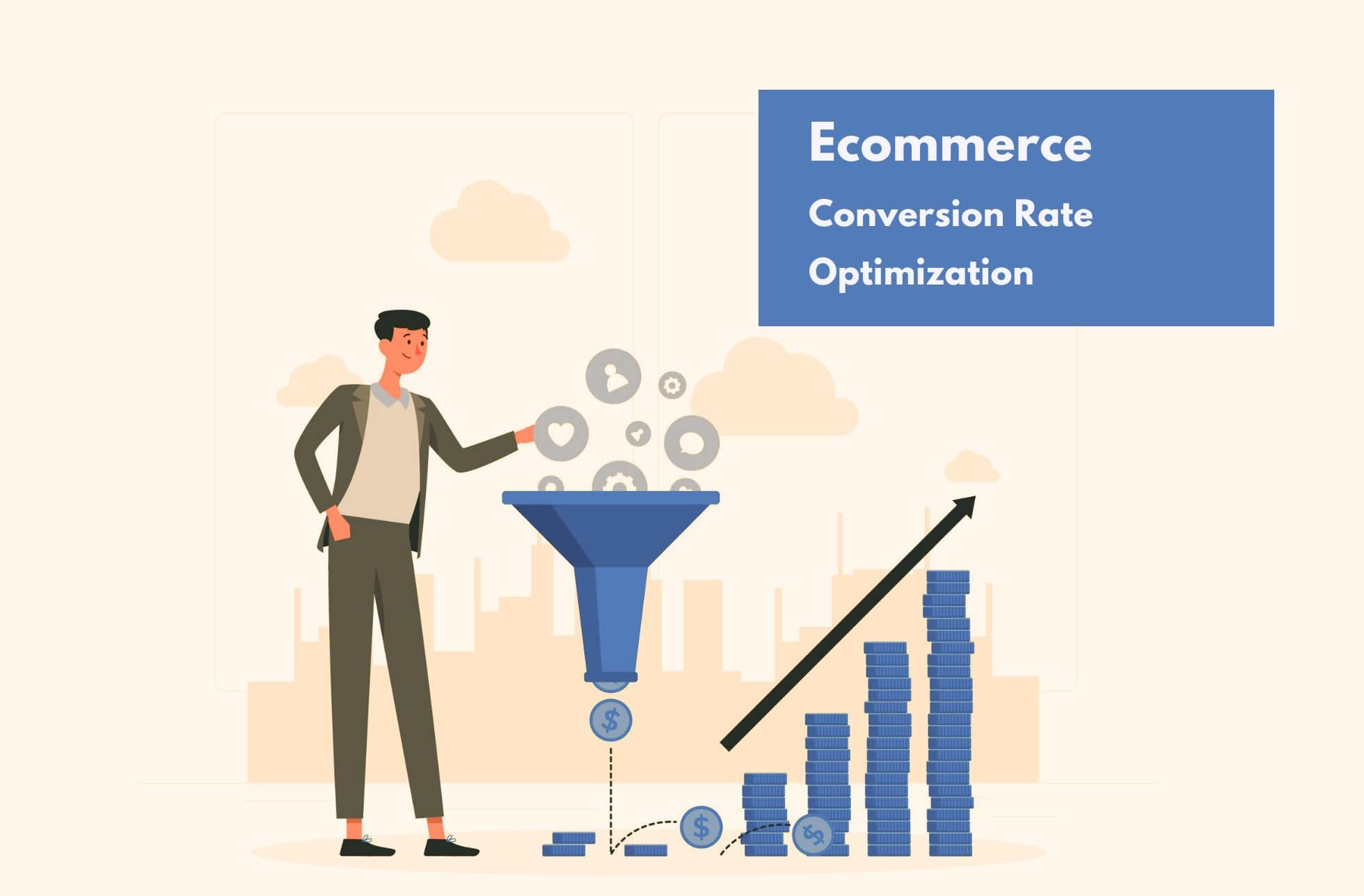Having access to data on competitors can help an organization grow and provide a competitive advantage in the niche field. For example, businesses use this data to adjust their strategies, predict future demand, and find out the best practices in the industry.
That’s why data analytics has become a crucial necessity for online entrepreneurs. Fortunately, the eCommerce world is full of potentially useful data that can be used to create a competitive advantage if analyzed properly. The only problem is to find an effective way to leverage this data and advance your business.
Data scraping, sometimes referred to as web scraping, is the technique that can meet a business’s need for data on competitors and the market. In this article, we’re going to explain how you can use it to boost conversions and outperform your competitors.
What is Data Scraping?
There are many definitions of data scraping out there. Simply explained, it is a software technique of extracting specific unstructured data from websites, converting it into structured data and storing it for further processing.
For example, one can use data scraping to perform an eCommerce audit by extracting data from a website of a competitor, and analyzing it to determine their strengths and weaknesses. As the result, one can gain some insights which could be helpful to identify effective strategies to compete against that business.
According to The Economics of Scraping report, top data scraping uses include the following:

Evidently, content scraping is the top use of data scraping by businesses, with 38.2 percent of them choosing this technique to probe their competition. Other popular business-related uses included price comparison and research, which we will cover in this article.
And one more thing: don’t worry, data scraping is totally legal because data on the web is public domain, so anyone can access it.
4 Ways Data Scraping can Provide You With Competitive Advantage in eCommerce
Now that we know what data scraping is, let’s see how accessing publicly available competitor data could be helpful to you.
1. Price Comparison and Tracking
As the Economics of Scraping report described, using the technique to define prices on competitors’ sites is a popular technique among businesses. The reason for this is that the current eCommerce landscape is very crowded and competitive, so researching the prices of competitors would take you forever.
On the other hand, data scraping is a method that is feasible in practice. For example, by using dynamic data scraping to create price tracking tools (or dynamic pricing software) is a known and proven method to minimize the time required to monitor prices of competitors and get helpful information for adjusting your own prices when needed.
In other words, data scraping allows your business to have an effective dynamic pricing strategy and adjust the prices of products and services in response to real-time demand. This strategy is obviously a must for online sellers and can boost profits by 25 percent on average, according to eConsultancy.
2. Research of Customer Preferences and Needs
Every business wants to know the wants and desires of their target audience to be able to satisfy them. By identifying what your customers want, you can plan your activities accordingly and do your best to deliver the products and services that they need at reasonable prices.
Fortunately, data scraping can help you with this as well. With it, you can perform sentiment analysis and predictive analysis to determine what your customers are talking about online. For example, it’s a known fact that thousands and thousands go to social media websites to share their experiences and opinions on various products and services.
By analyzing their posts, you can assess customer attitude towards a particular brand or a product by measuring the tone and context; as the result, you will be able to understand their experiences and engagement intent better.
As the result, this makes social media a treasure trove of useful information on customer needs and wants. The good news is that all this information is readily available, and you can – and should – get it to improve your eCommerce strategy.
There are a number of social media scraping tools out there that can help you extract user-generated content and use it for online branding monitoring, target market segmentation, sentiment analysis, and identification of market trends.
3. SEO Analysis
The web is full of information that you can use to improve your search engine ranking. In this area, data scraping can be a valuable technique because it can help to collect it so you know where to invest to get maximum returns.
For example, by scraping websites of your competitors, you can get access to their content for SEO analysis. First and foremost, if a competitor’s website is ranked high by Google, chances are they have conducted sophisticated keyword research, produce content with quality essay writers, and do many other SEO-related techniques, so you can, for example, determine which keywords they’re using to get high in search results.
As the result, you’ll know which keywords you should avoid to minimize the competition and which ones to use to maximize the chance of being ranked.
Besides, you can also get useful data on keyword density, meta descriptions, titles, and other content-related indicators.
4. Lead Generation
It goes without saying that getting new leads is one of the most important business goals, and data scraping can help you with that, too.
For example, you can scrape your best-performing competitors’ social media profiles, forums and other online places where they connect with customers to find out what challenges and issues they encounter while using the competitor’s product and what are they talking about in general.
Then, make sure that you address these concerns in your own products, and you’ll have a better chance to get more customers.
In addition to scraping competitors’ websites, consider also target popular news portals in your industry to see who is reading, commenting, sharing, and otherwise engaging with content. For example, sites like Mashable and Entrepreneur are well-known blogs where millions of people interested in online business and social media go every day to get fresh content.
By scraping sites like these, you can discover interesting data on popular readers who might be your ideal customers. As the result, you can use this data to improve your content personas and buyer personas and make smarter decisions when it comes for your own content production.
The Bottom Line
Data scraping has emerged as an effective technique to get useful insights into customer preferences and needs, market research, and other important factors. eCommerce business landscape can surely benefit from scraping the market or the niche they’re working in to get a better overview of the competition as well as the practices that drive the best results.
So whether you are an established company or a startup, consider giving data scraping a try. Besides, you won’t have to have coding or other complex skills: in most cases, you just need to provide a scraping tool with some initial data and wait for it to finish the job.




